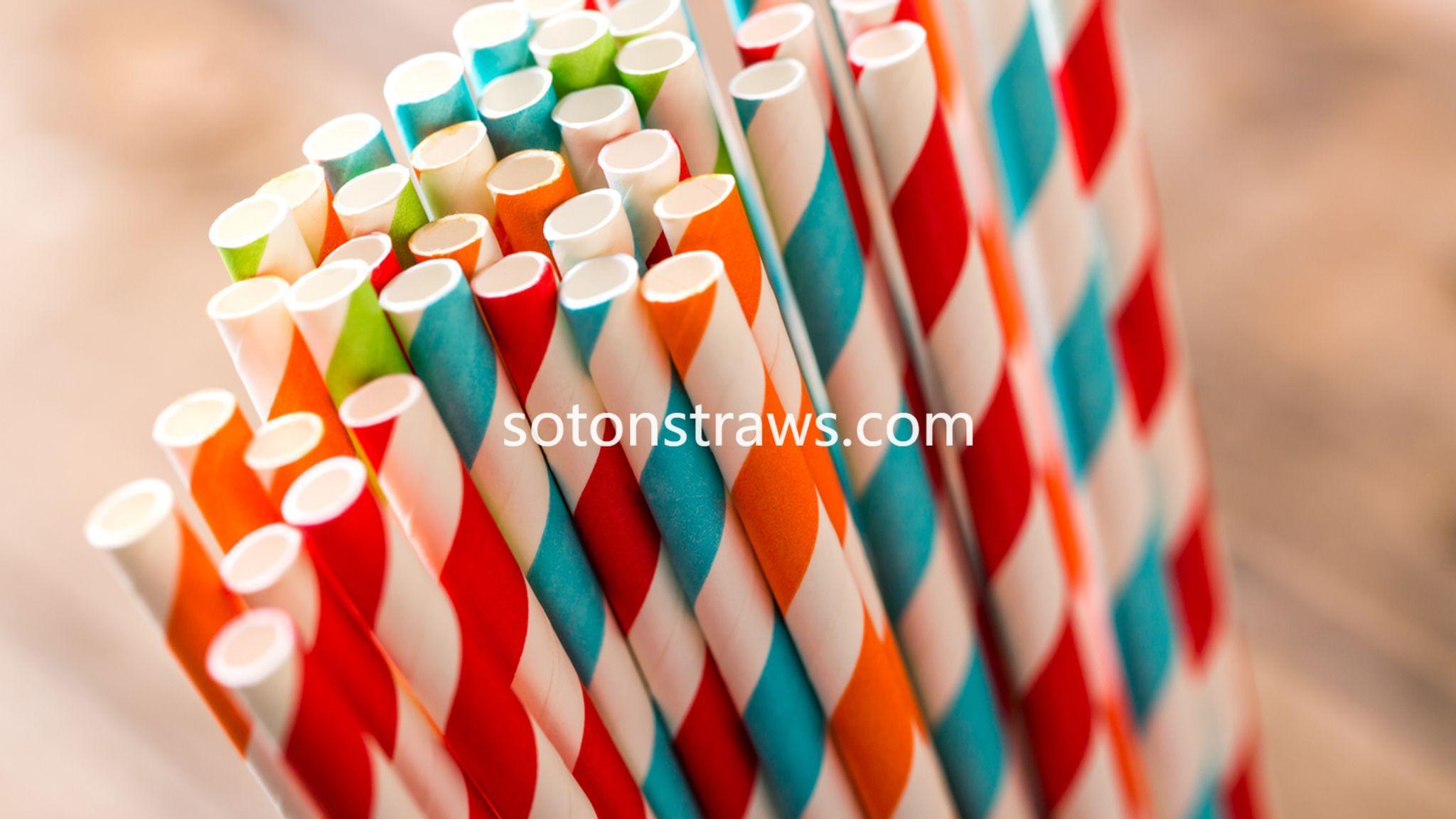The journey from raw materials to consumer-ready products has never been more scrutinized, especially in the world of food packaging and single-use items. At the heart of this shift lies the Straws manufactory, which now carries the responsibility of delivering performance while reducing environmental harm. A Straws manufactory must do more than make straws—it must lead in material science, ethics, and sustainable design.
This responsibility begins with the materials themselves. Traditional petroleum-based plastics are no longer viable in an age of climate urgency, legislative bans, and consumer backlash. In response, the straw manufacturing industry has turned to alternatives such as PLA (polylactic acid), FSC-certified paper, and even innovative materials like rice husk fiber or wheat straw. But replacing plastic isn't enough—new materials must also be strong, safe, scalable, and cost-effective.
Yiwu Soton Daily Necessities Co., Ltd. (Soton Straws) stands at the forefront of this transformation. With decades of expertise and a strong R&D backbone, Soton is exploring not only new materials but also new ways of using them. For example, their PLA straws are derived from renewable plant starches and engineered for compostability under industrial conditions. Unlike other suppliers that settle for the bare minimum of compliance, Soton tests its products against international standards, including EN13432 and ASTM D6400.
One breakthrough has been in paper straw durability. Early versions of paper straws earned a bad reputation for soggy textures and short lifespans. Soton's multilayer paper straws address this with food-grade adhesives, moisture-resistant outer coatings, and precisely engineered roll widths. These straws maintain structural integrity without chemical aftertastes, making them a preferred choice for restaurants and drink retailers.
At the manufacturing level, Soton's factories incorporate automated precision machinery to ensure consistent dimensions and hygienic handling. These systems reduce material waste, increase energy efficiency, and allow for the rapid switching of production lines. Whether it’s a new batch of thick milkshake straws or slender tea stirrers, turnaround times are short without sacrificing quality.
Equally important is packaging innovation. Soton offers wrappers made from recyclable paper, compostable film, or no wrapper at all—depending on the customer's hygiene requirements and sustainability goals. Even in shipping, the company uses recyclable cartons and designs its packaging systems to reduce volume and optimize logistics. These small changes have a measurable impact when multiplied across millions of units.
In recent years, global regulations have forced straw manufacturers to move quickly. From the European Union’s Single-Use Plastics Directive to city-level bans in the U.S. and Asia, the industry has no choice but to adapt. Soton embraces this challenge. Instead of viewing regulation as a constraint, the company sees it as motivation to lead. Their internal compliance team works closely with product developers to ensure every new material meets evolving legal and safety benchmarks.
Collaboration is another strength. Soton partners with material scientists, certification bodies, and even university researchers to stay ahead. In 2023, the company piloted a series of marine-biodegradable straws in coastal cities in collaboration with a regional beverage chain—an initiative that sparked new dialogue about straws that break down safely even in ocean environments.
Through all this, Soton maintains a strong connection to its end users. Feedback from clients is used to refine product specs, address gaps, and co-create the next generation of sustainable straw solutions. In doing so, the company positions itself not just as a supplier but as a key player in the global sustainability ecosystem.To explore Soton Straws’ innovative product lines and their evolving materials strategy, please visit: https://www.sotonstraws.com/product/ .
 Free IL
Free IL


